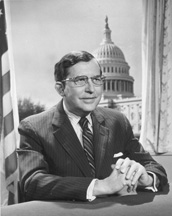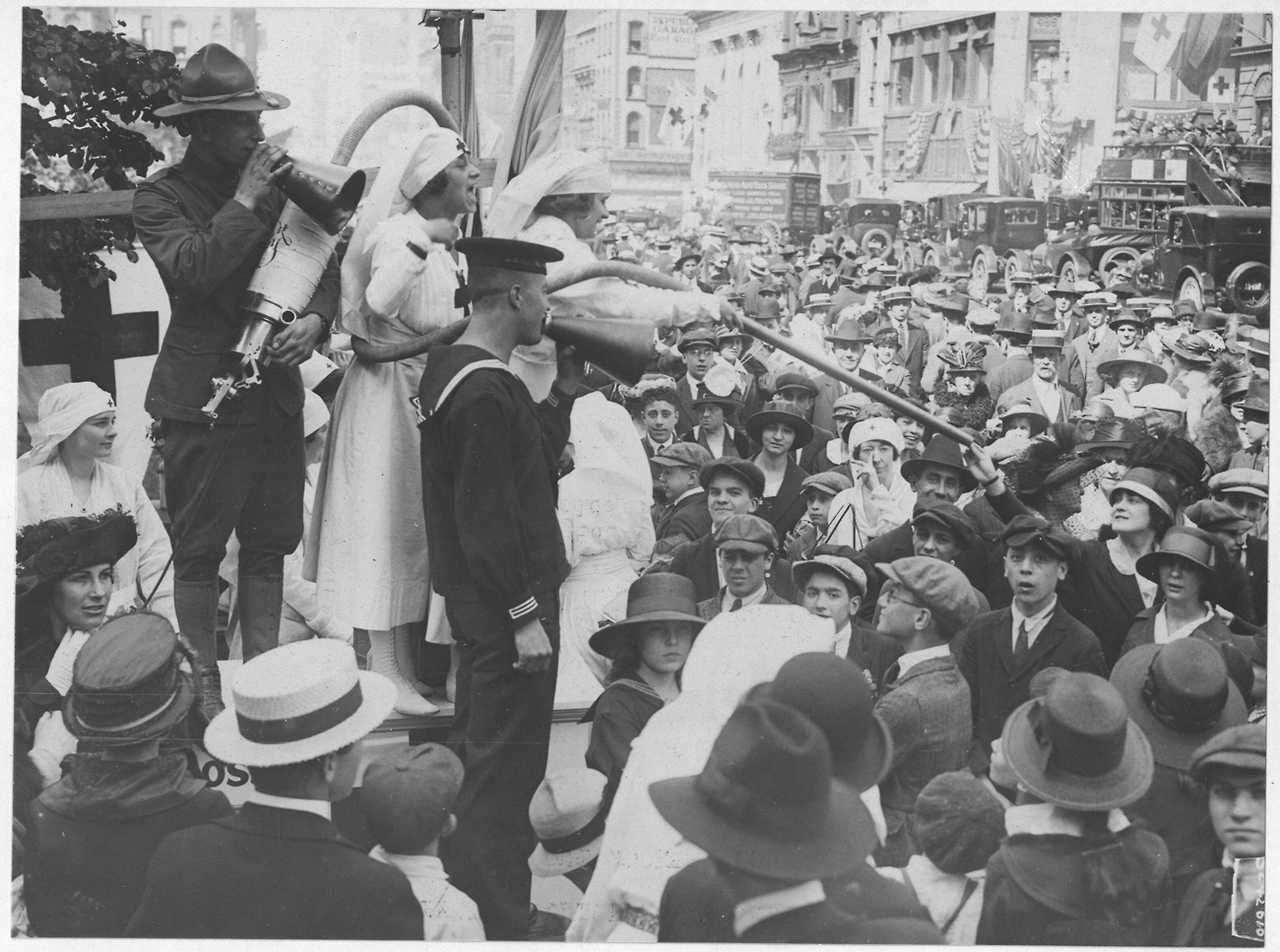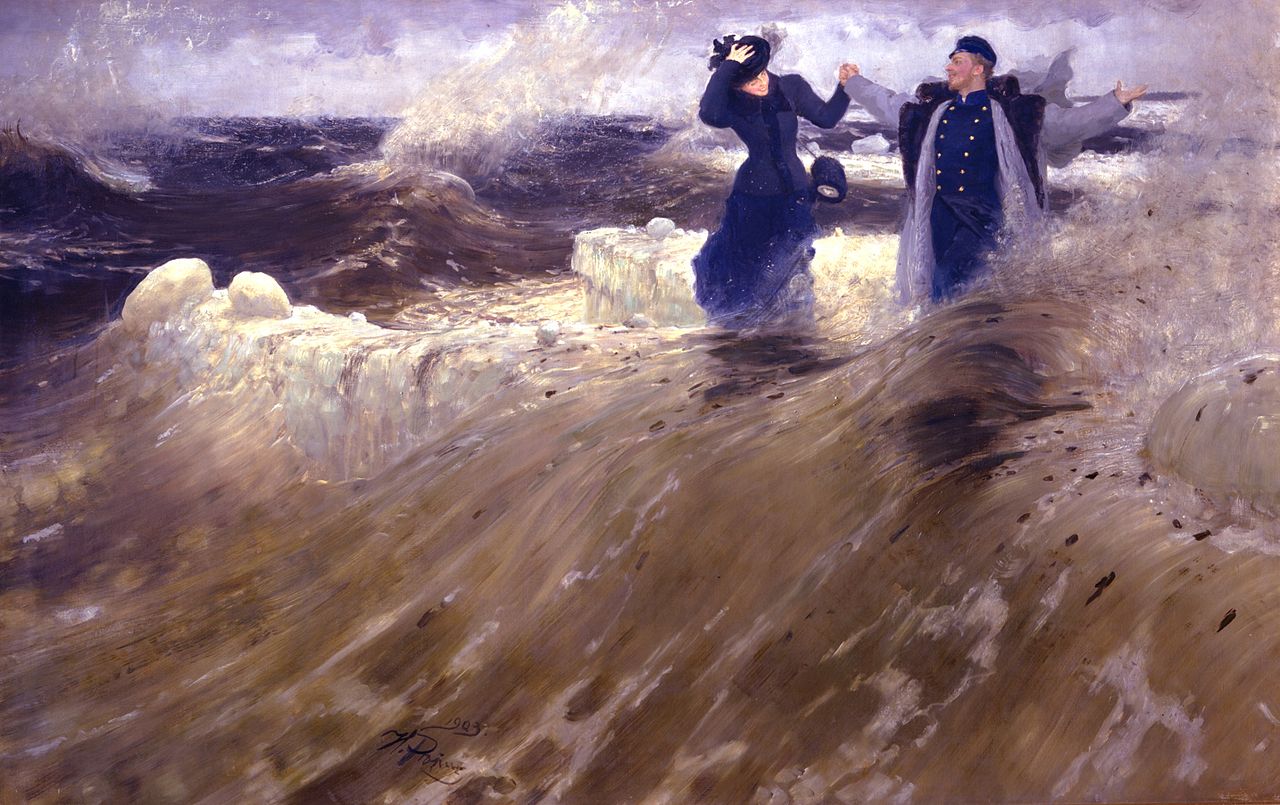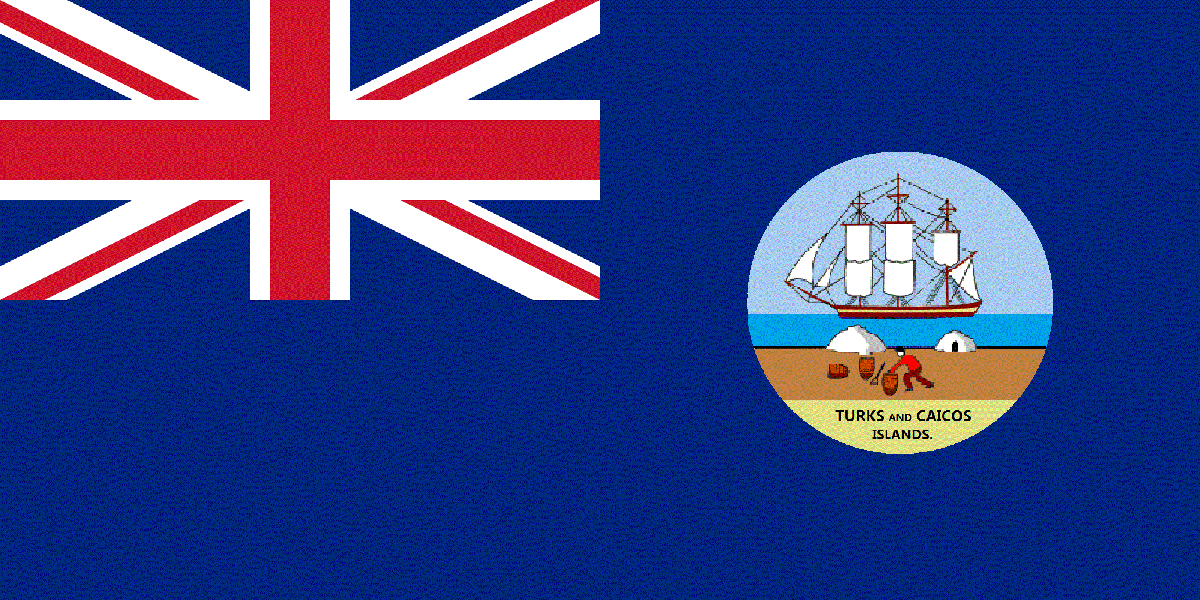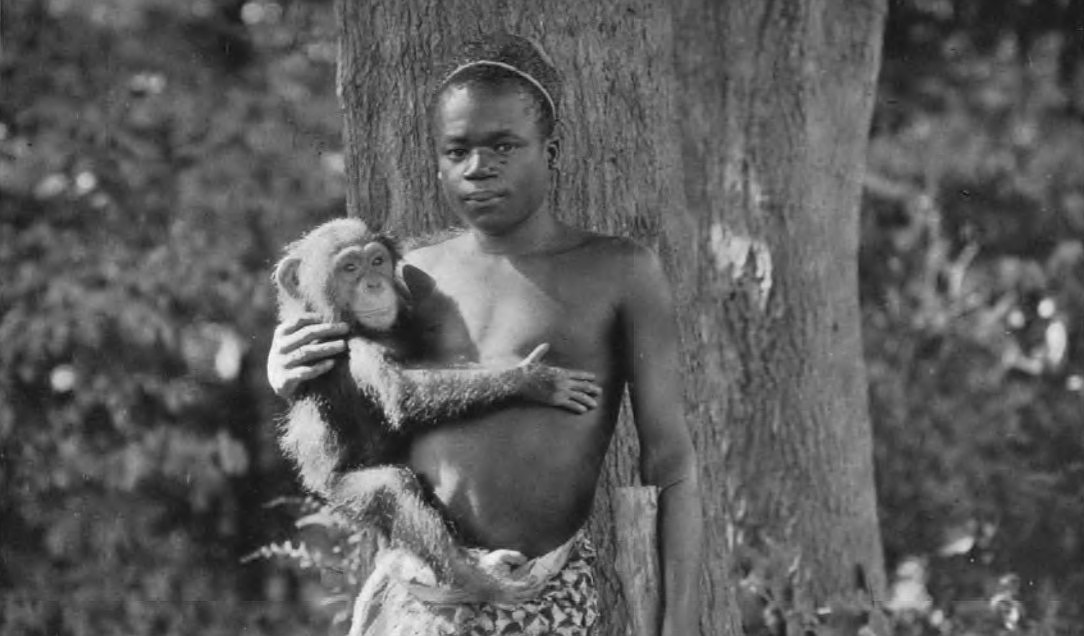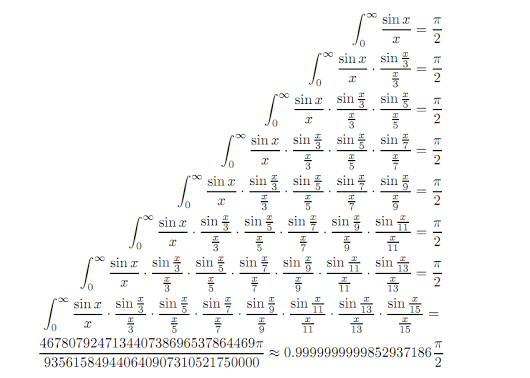
These are called Borwein integrals, after David and Jonathan Borwein, the father-and-son mathematicians who first presented them in 2001.
Engineer Hanspeter Schmid writes, “[W]hen this fact was recently verified by a researcher using a computer algebra package, he concluded that there must be a ‘bug’ in the software. It is not a bug, though; this series of integrals really only results in π/2 up to a certain point, and then breaks down. This astonishes most mathematically educated readers, as especially those readers mentally extrapolate the sequence shown above and find it surprising that something fundamental should change when the factor sinc(x/15) is introduced.” He gives a graphic explanation of what’s happening.
(David Borwein and Jonathan M. Borwein, “Some Remarkable Properties of Sinc and Related Integrals,” Ramanujan Journal 5:1 [March 2001], 73–89.) (Thanks, Dan.)

